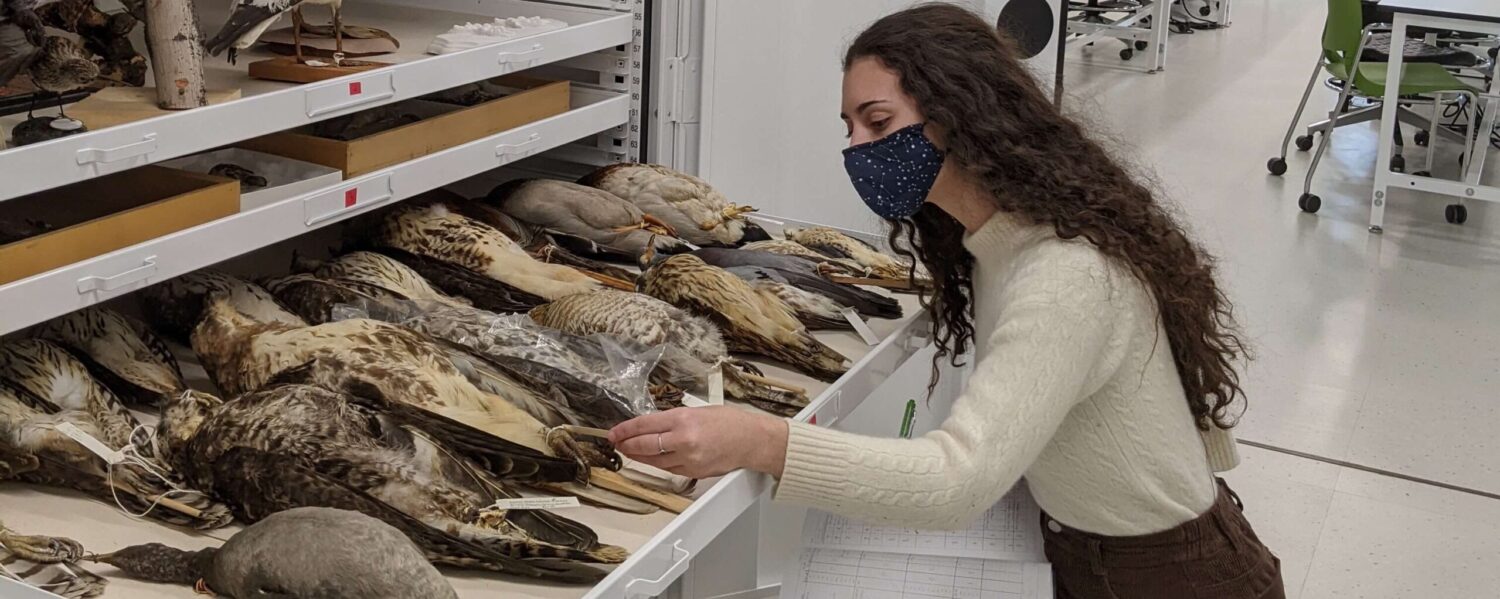The French Museum national d’Histoire naturelle in Paris, France, recently brought together leaders from natural history institutions, scientists, conservationists, and representatives from non-governmental organizations, policymakers, and many others for a symposium celebrating the 300th anniversary of the birth of French naturalist Georges Louis Marie Leclerc, comte de Buffon. The Buffon Symposium focused on natural history museums and institutions in the 21st century, and their potential impact on a common future.
Chaired by Sir Peter Crane, former Director of the Royal Botanic Gardens in Kew, the symposium was cosponsored by the Natural History Museum of London and the Smithsonian National Museum of Natural History. Representatives from 93 natural history institutions from 36 countries concluded the two-day event with the “Buffon Declaration,” stating that contributions from these institutions include:
1. Institutions are the primary repositories of the scientific samples on which understanding of the diversity of life is ultimately based,
2. Through research, natural history institutions broaden knowledge of past and present biodiversity.
3. Through partnerships and training, they strengthen the global capability to address current and future environmental challenges, and
4. Are forums for direct engagement with the public, central for bringing about the changes of behavior on which our common future and the future of nature depend.
Further, the Declaration asserts:
1. “Collections of specimens and other databases on nature are a model of nature’s variability and are a part of the world’s scientific infrastructure (as exemplified by the OECD Global Science Forum). They are crucial tools for understanding the impact of climate change, of biodiversity loss, and other environmental challenges, but natural history collections are nowadays disappearing in many countries due to lack of funding.
We therefore call on governments and organizations to give the conservation of these vital collections increased levels of support.
2. Naturalist research in the field is essential for the continued gathering and dissemination of information, as well as training and capacity-building initiatives. As a group, natural history institutions have developed, and will continue to develop and implement, best practice in this area. However, current policy changes derived from the U.N. Convention on Biological Diversity have made research, and the management of collections for scientific research on biodiversity, increasingly difficult and expensive.
We therefore call on governments and the Convention on Biological Diversity:
- a) to recognize the difference between profit-oriented bioprospecting and science-oriented research for the public good,
- b) and to facilitate non-commercial biodiversity collecting and the movement of specimens, in their approaches to Access and Benefit-Sharing (ABS), including through their development of policy and regulations.
3. Evolution is without doubt the most acceptable explanation for the diversity of life. It is crucial that only such empirical and testable approaches are accepted as ‘scientific’ when discussing evolution. We strongly urge that support be given for the dissemination of scientific perspectives, which is our duty as outreach organizations, and for the teaching of evolution in schools.”
To conclude the symposium, participants synthesized roundtable discussions by articulating the need for scientists, policymakers, and the public to come together to preserve natural history collections for scientific research, biodiversity, and conservation.

